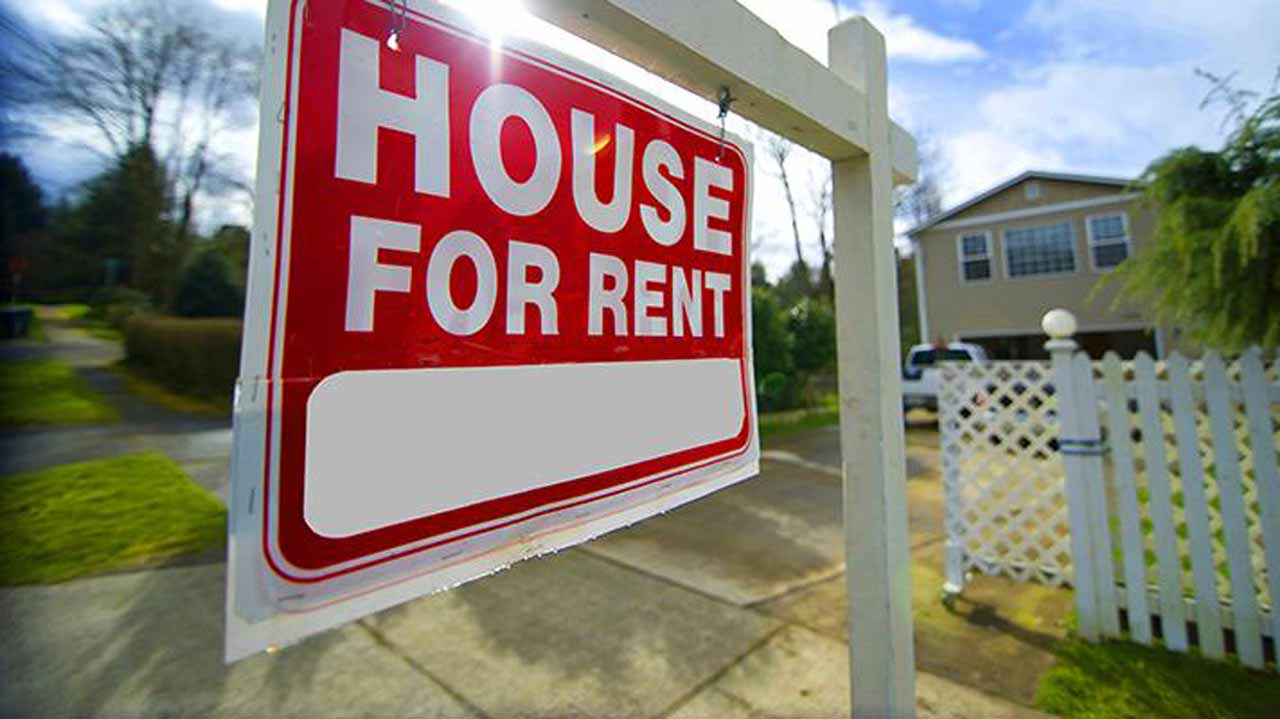
Report predicts hard times for US housing market
House sales in major cities in the United States are expected to nosedive in 2020, thereby triggering one of the worst housing shortages in the States.
According to the 2020 forecast from realtor.com, which holds one of the largest databases of housing statistics, home values will also shrink in some cities.
It further predicted that sales of existing homes would fall 1.8per cent from 2019.
Home prices will flatten nationally, increasing just 0.8per cent annually, but prices will fall in a quarter of the 100 largest metropolitan markets, including Chicago, Dallas, Las Vegas, Miami, St. Louis, Detroit, and San Francisco.
It is a seemingly contrary assessment, given the current strength of the economy and of homebuyer demand, but the dynamics of this housing market are unlike any other.
Senior economist at realtor.com, George Ratiu, said, “Real estate fundamentals remain entangled in a lattice of continuing demand, tight supply and disciplined financial underwriting,”
“Accordingly, 2020 will prove to be the most challenging year for buyers, not because of what they can afford but rather what they can’t find.
It’s all about supply. The inventory of homes for sale has been falling steadily for several years and is at its lowest on the lowest end of the market. That caused prices to overheat, weakening affordability. The 2020 forecast offered no relief, in fact just the opposite.
As demand heats up in the spring, driven by the growing number of millennials entering the market, the supply of homes for sale could hit its lowest in history. The situation will only be exacerbated by the baby boom generation, which, according to the forecast, will have little incentive to sell, given weaker home prices.
“While millennials share many similar traits with prior generations, they have been marked by a delay in major life milestones, including starting a family and purchasing a home,” said Ratiu.
“Millennials not only purchased a higher-priced first home but faced with growing families, many of them skipped the traditional starter home and moved straight to a mid-priced, trade-up home.”
That dynamic will continue in 2020 and added pressure to the middle range of the market.
Millennials will dominate the housing market, accounting for 50 percent of all mortgages by spring, according to the forecast. Just short of 5 million millennials will turn 30, which is when many people buy their first home, and the oldest will turn 39, generally when family dynamics kick in and people move to larger homes in the suburbs.
Single-family construction will increase in 2020, up 6 percent annually, according to the forecast, but that will not alleviate the supply crunch. Part of that is due to the very slow recovery of the nation’s homebuilders, who began rebuilding their businesses after the historic housing crash mostly in the move-up and luxury markets.
On the bright side, builders are well-positioned to increase profits thanks to the shortage of existing homes for sale.
“We believe homebuilders are poised to enter 2020 with some of the strongest supply/demand fundamentals we’ve seen in the 10-year housing recovery to date,” Raymond James housing analyst Buck Horne wrote in an October note to investors. “Homebuyers responded convincingly to lower mortgage rates this summer, leading to a re-acceleration of home price appreciation across most markets.”
Sellers, however, have yet to meet the incremental demand with additional new supply in most markets, Horne noted.
More homeowners are staying longer, according to real estate brokerage Redfin, which analyzed Census data. The typical American homeowner has spent 13 years in their home, up from eight years in 2010, as more households are choosing to age in place.
The supply of entry-level homes is also well below historical levels because, during the foreclosure crisis, investors bought millions of distressed properties and turned them into rentals. The bulk of these properties were on the lower end of the price spectrum. The expectation was that as home prices recovered, investors would sell the homes, pocket the profits and return the housing supply to its previous level. That did not happen. The single-family rental market was so strong that investors held the homes, built large-scale, multicity service and maintenance platforms and created a new asset class for even bigger investors to fuel.
“The supply of rental properties has risen in tandem with demand, while new residential construction has lagged, placing the rental market in a good position to offer alternatives for buyers priced out of their markets. “However, the affordability challenge will continue to cast a shadow over housing in 2020, as both home prices and rents remain elevated”, Ratiu added.
source: The Guardian
Similar Topics
The Lagos State Government has commenced the demolition of illegal structures within the Lekki Free...
a month ago Read MoreNigeria’s recently enacted Tax Act of 2025 (NTA 2025), which becomes effective on January 1,...
a month ago Read MoreMember States of the United Nations Human Settlements Programme (UN-Habitat) have endorsed a new...
2 months ago Read MoreNigeria Enters a New Tax Era Come January 2026, Nigeria’s property market will experience a...
2 months ago Read MoreImproved Security and Diaspora Capital Drive Rebound The housing sector in Nigeria’s...
2 months ago Read MoreThe Lagos State Government has announced that night-time repair works will take place on Ozumba...
4 months ago Read MoreThe Federal Government has suspended all previously approved, pending, and prospective applications...
5 months ago Read MoreThe Federal Government has successfully mobilised more than N70 billion in private capital...
5 months ago Read MoreThe Lagos State Government, through the Lagos State Physical Planning Permit Authority (LASPPPA),...
7 months ago Read MoreThe Federal Government has expanded the Abuja-Kaduna-Kano Road project to incorporate a direct...
7 months ago Read MoreThe Federal Capital Territory Administration (FCTA) has taken possession of Wadata Plaza, the...
8 months ago Read MoreDefaulters on FCT ground rent now have 14 days grace to pay up what they owe the FCT Administration...
8 months ago Read MoreUnprofessional practices by estate agents in major cities are significantly influencing the spike...
8 months ago Read MoreA Real estate development firm, Lifecard International Investment Company, has revealed that many...
8 months ago Read MoreDespite a fall in investment volumes from the 2021 peak, there is an ongoing desire for property...
8 months ago Read MoreThe Lagos State government has advised the leadership of the Nigerian Institution of Estate...
8 months ago Read MoreReal estate market dynamics such as construction cost, land, finance, government policies and taxes...
8 months ago Read MoreEvent Set to Celebrate Managers Who Shape Careers and Drive Organizational Growth Business...
10 months ago Read MoreGlobal Leaders to Converge in Lagos for Landmark Event Driving Urban Innovation and...
10 months ago Read MoreIn a bold move to redefine affordable luxury housing, Nigerian real estate giant Gtext Holdings has...
10 months ago Read More
















